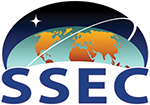AMS Oral History Program – Capturing major themes in the history of satellite meteorology and weather
Everyone has a story to tell; including scientists. With that in mind, the late Jinny Nathans, archivist with the American Meteorological Society, and Jean Phillips, head of communications and library services at the University of Wisconsin-Madison Space Science and Engineering Center, invited prominent figures in satellite meteorology to tell theirs.
In fall 2019, an international group of scientists converged in Boston, MA for the AMS Joint Satellite Conference, setting the stage for conversations with some of those who helped shape the still-young field of satellite meteorology, the area of science dedicated to weather monitoring and forecasting with satellite-based instruments.
Nathans and Phillips invited these scientists to share their perspectives and stories on the innovations in, and evolution of, satellite capabilities, future directions of the field, as well as touchstones of their careers, their mentors and the role of the AMS in their professional lives. They elaborated on subjective details of their careers that would not otherwise have been captured in the research literature of their field.
Oral history preserves the memories and voices of participants and their views on past events, says Phillips. These initial interviews have set the stage for adding to the collection at future meetings.
Across the interviews, interwoven themes emerged relating to international collaboration, shared data and climate change, helping to paint a picture of the last four decades. Since the early days of satellite meteorology nearly 60 years ago, advances in technology have propelled the field forward, owing to the sharing of ideas and international exchanges at meetings like those sponsored by the AMS.
“As a professional society that brings together private, government, and academic researchers and practitioners, AMS supports and publishes research and fosters communication and collaboration between sectors, so its role is really as a support structure and a platform for discussion,” says Sophie Mankins, AMS Archivist. “The goal of the Oral History Program is really to extend that support in the direction of recording for the future some of the background details that don’t make it into an academic publication.”
International collaboration
“Well, I think working together brings us forward — I mean individuals and societies. When more people work on the same topic in collaboration, you create the potential to obtain more ideas. And when you have a common goal, then the probability that you achieve something useful toward that goal becomes higher. Simply there are more good brains working in the same direction. Of course, a prerequisite is the willingness of participants to share the achievement while the work is in progress, and that’s what we did.”
Johannes Schmetz
“…So all these people I always met, and they influenced me of course also with their knowledge, and also by the example they have done, and a lot of people who are leaders in the field… So it’s always good to exchange with these people… And you see these people, and it’s like you’re coming to a family.”
Dieter Klaes
Shared data
“All the data is going to go to the cloud instantaneously, and everyone’s going to be able to get it. We give our data away for free right now, but you need to have … your own ground terminal, which is not cheap…And so once all that data is really in the cloud and you can pull it down on your PC, I think that’s going to change like everything else … the way the Gutenberg Bible got text out to the masses. Once this data is out, you can’t even imagine what people are going to do with it.”
Pamela C. Sullivan
“And so I think the good news is we’re to a point where everyone just kind of expects, “Something happened today in the environment, I wonder how GOES saw it?” It’s not a question of do we have any satellite that happened to have an overpass time that would just see it? Again, we have some imagery we get routinely, the full disc every ten minutes today, over the continental United States every five minutes and the regions of interest every one minute—so small mesoscale areas.”
Timothy J. Schmit
Climate change
“…you can talk about climate change or climate variability or global change, however you want to do it, but the Earth is changing through a combination of natural and human-induced processes. But there’s a lot of short-term variability. There’s a lot of spatial variability. And if you actually look at things that change in long terms, there’s very few monotonic changes. It really is a complex picture. And you have to be able to continually monitor the Earth. And that challenge, it’s bigger than any one of us.”
Jack a. Kaye
“When you characterize an instrument on the ground, you fly it, and you hope it stays stable for many, many years. And what we’re doing with this one is taking what we would normally do on the ground and will do on the ground, but also do it in orbit, so there’s no gap. And so it will be irrefutable evidence that we have measurements that are accurate. And that’s what we need, to convince people that we know what’s really happening with the climate…”
Henry E. revercomb
You can find the audio recordings and complete transcriptions here, or go directly to individual histories below:
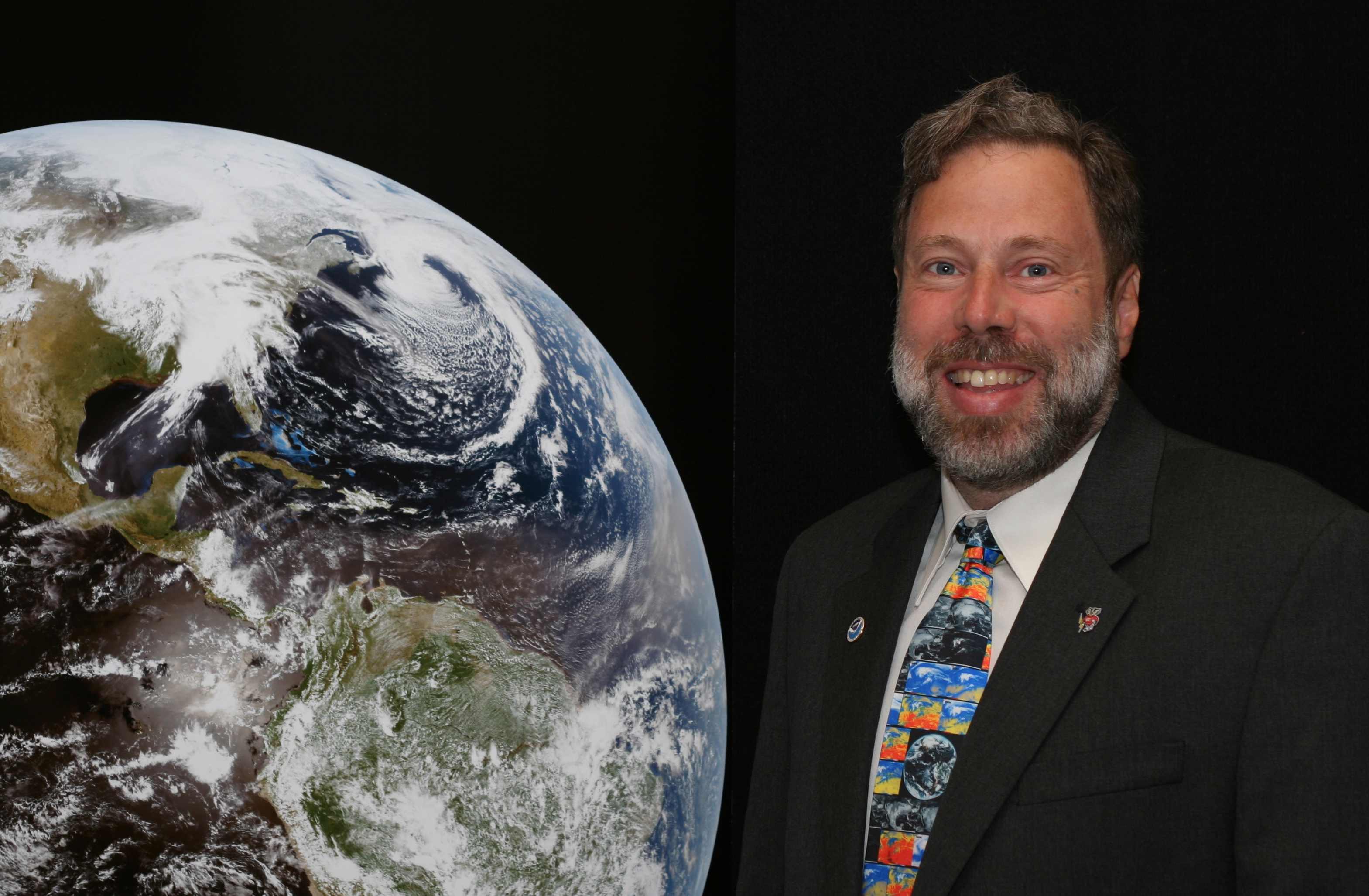 | Timothy J. Schmit Meteorologist Advanced Satellite Products Branch National Oceanic and Atmospheric Administration |
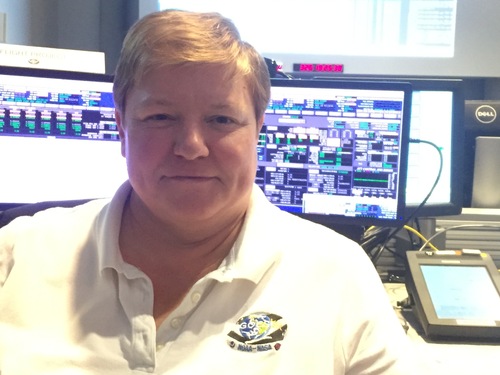 | Pamela C. Sullivan Program Director GOES-R National Oceanic and Atmospheric Administration |
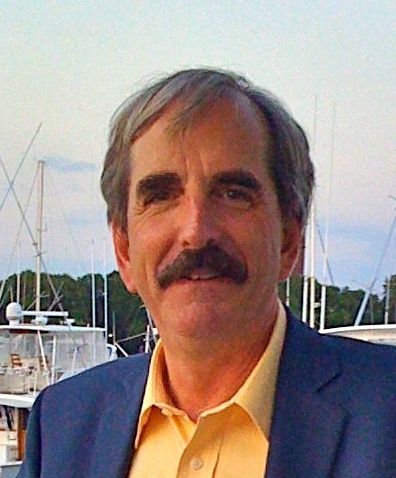 | Henry E. Revercomb Senior Scientist and Former Director Space Science and Engineering Center University of Wisconsin-Madison |
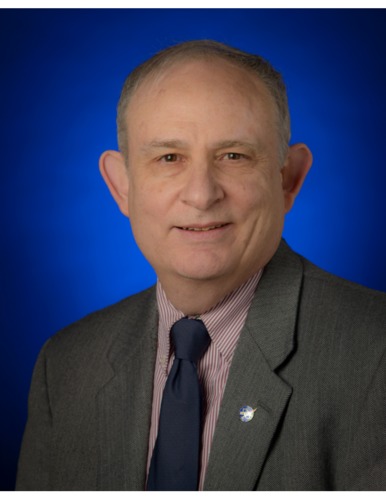 | Jack A. Kaye Associate Director for Research Earth Science Division National Aeronautics and Space Administration |
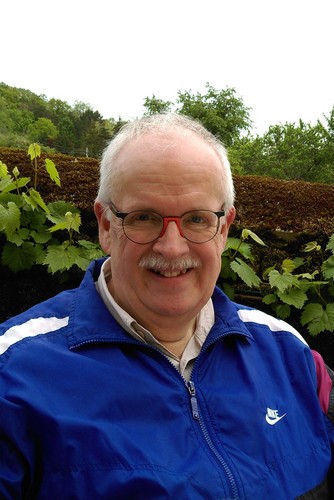 | Dieter Klaes Former (EUMETSAT Polar System (EPS)) Programme Scientist European Organisation for the Exploitation of Meteorological Satellites (EUMETSAT) |
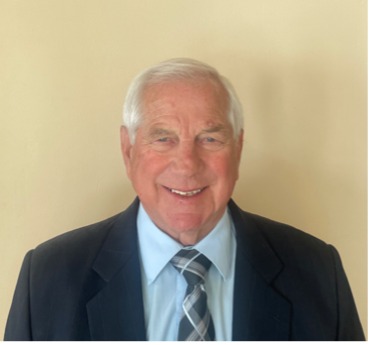 | William L. Smith Professor Department of Atmospheric and Planetary Sciences Hampton University |
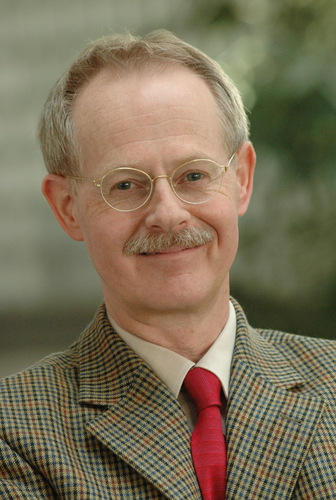 | Johannes Schmetz Chief Scientist (Retired) European Organisation for the Exploitation of Meteorological Satellites (EUMETSAT) |
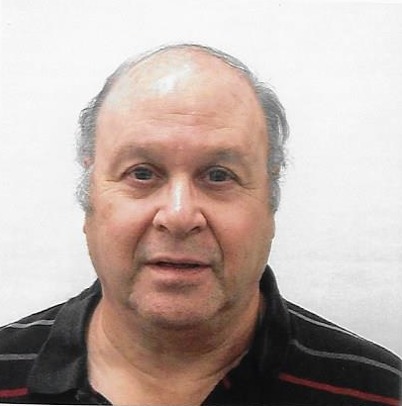 | Steven J. Goodman GOES-R Senior Program Scientist (Retired) National Oceanic and Atmospheric Administration |
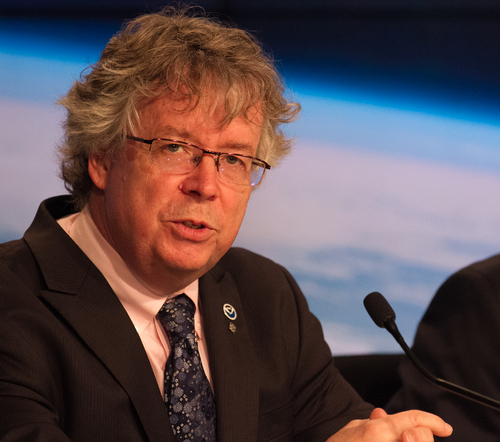 | Stephen Volz Assistant Administrator Satellite and Information Service National Oceanic and Atmospheric Administration |
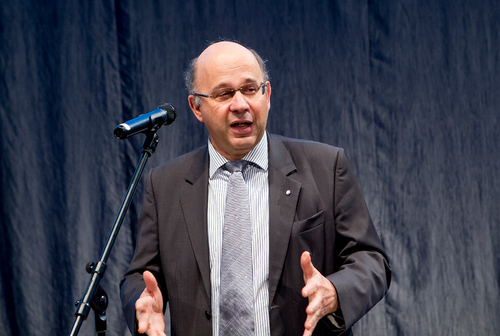 | Alain Ratier Director General (Retired) European Organisation for the Exploitation of Meteorological Satellites |
This is work is supported by the Space Science and Engineering Center and the American Meteorological Society Oral History Project.
